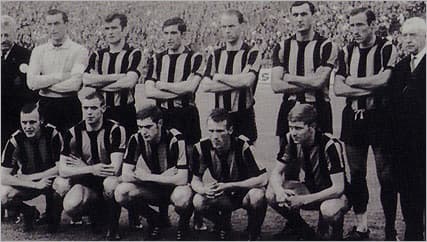From mid-table team to top club and European debut
1960 - 1969
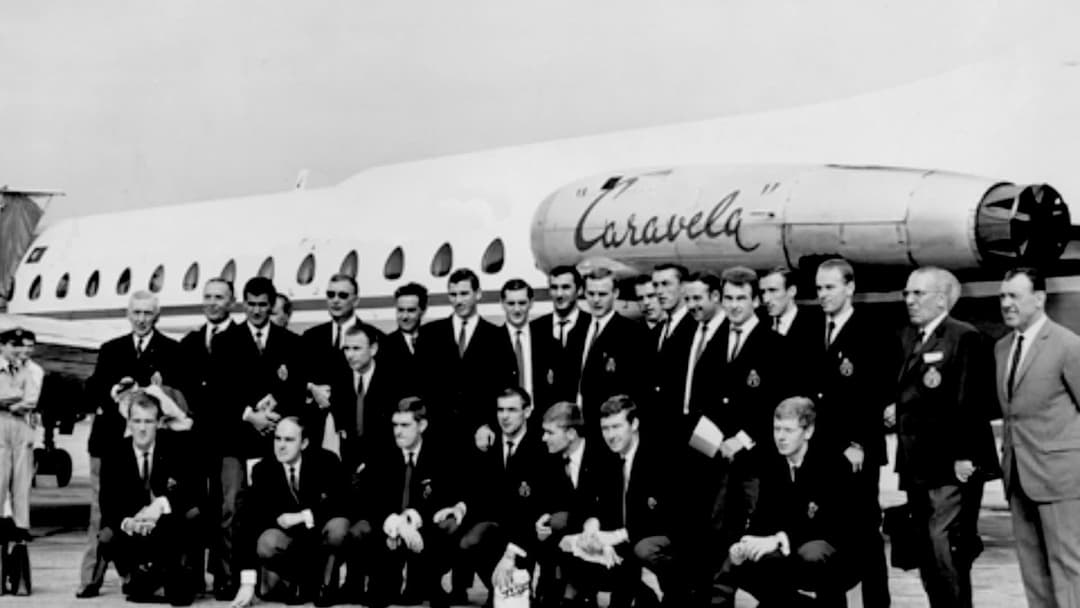
The departure of coach Norberto Höfling in 1963 leaves a gap that is filled by Louis Dupal. Club climbs higher on the football ladder year after year. A strong youth academy and smart transfers, both domestic and international, make Club Brugge a Belgian top club. Fernand Boone, Raoul Lambert, Johny Thio, Pierre Carteus, Gilbert Marmenout, Fons Bastijns, Kurt Axelsson, Rob Rensenbrink, Henk Houwaart, and Erwin Vandendaele strengthen the squad. From thirteenth place in 1960, Club becomes runner-up several times by the end of the 1960s and early 1970s. In 1968, Club wins the Belgian Cup, the first trophy in decades.
But Club Brugge also breaks through internationally. On September 13, 1967, Club plays in Europe for the first time. In the Inter-Cities Fairs Cup, it hosts Portuguese Sporting Clube de Portugal at ‘De Klokke’. Meanwhile, professional football is just around the corner.
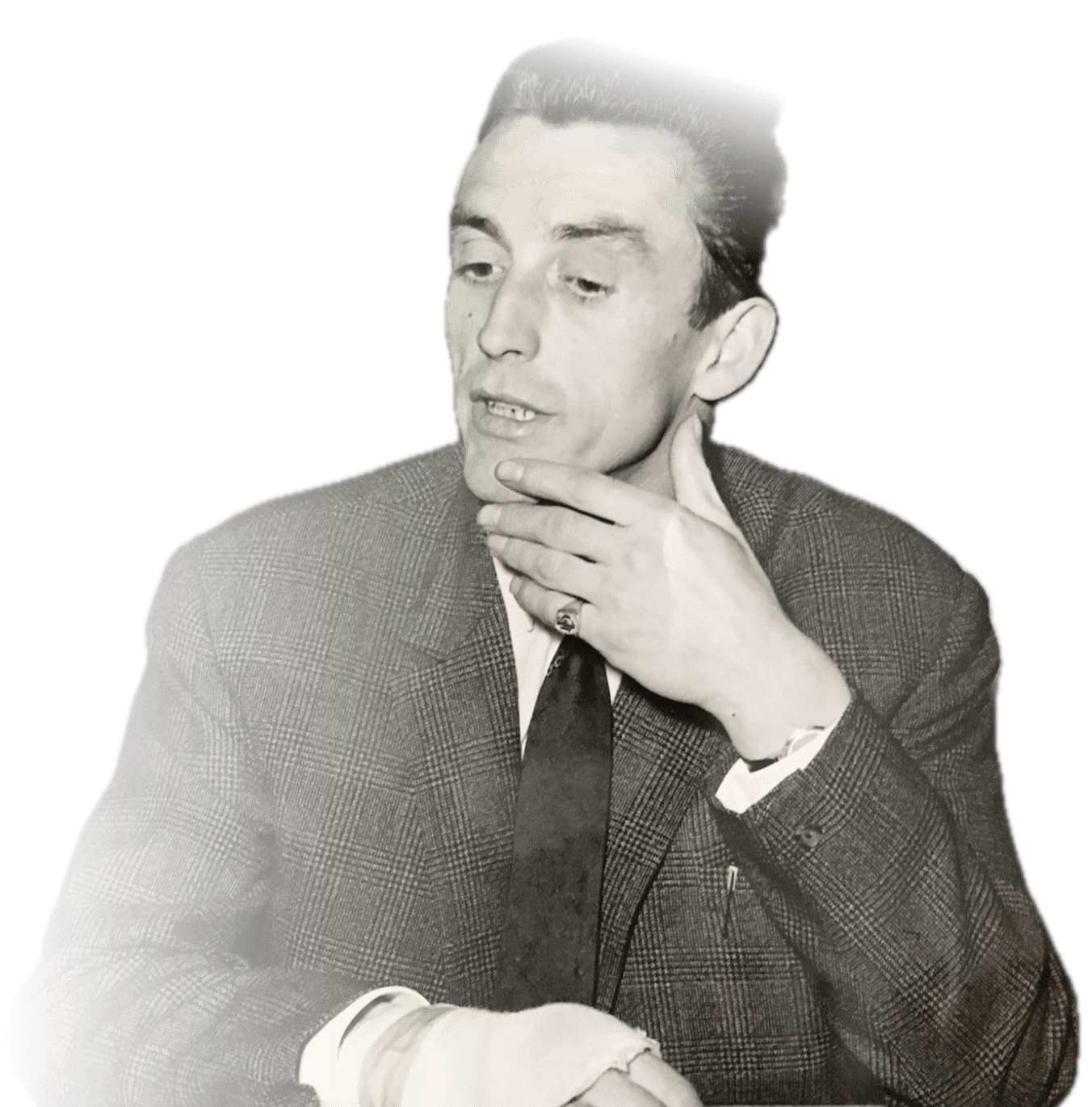
“Höfling taught us to always want to improve. To work on our weaknesses and to believe in ourselves.”
Fernand Boone
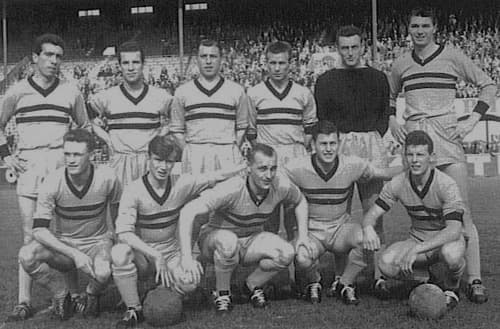
Raoul Lambert
With a mix of homegrown talent and transfers to the top
On September 9, 1962, Raoul Lambert makes his debut on the field of Lierse in the first team. Lambert is the product of FCB’s strong youth academy. Bruges native Fernand Boone has already been the goalkeeper for several years. From Belgium, Club brings in Johny Thio and Pierre Carteus. But Club also looks abroad: from Sweden comes the stylish central defender Kurt Axelsson, and from the Netherlands Rob Rensenbrink and Henk Houwaart strengthen FCB.
Golden Shoe
Fernand Boone is the first Club player to win the Golden Shoe
Not only as a team does Club Brugge continue to prosper. Club also wins individual awards. Goalkeeper Fernand Boone wins in 1967 as the first Club player to win the Golden Shoe.
1967-1968
Club plays European football for the first time
On September 13, 1967, it finally happens: Club plays its first official European match. In the Inter-Cities Fairs Cup, it hosts Portuguese Sporting Lisbon at 'De Klokke'. The match ends 0-0. In Lisbon, Club loses 2-1 after an unfortunate own goal.
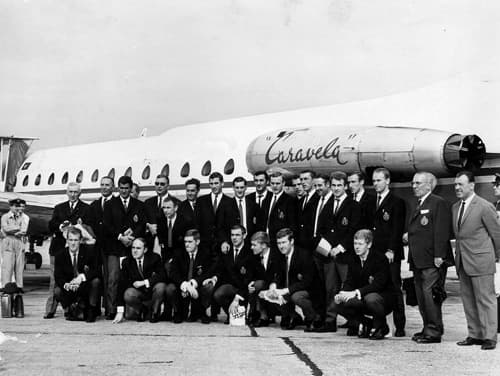
1968
First cup win after 46 years (penalties against Beerschot)
On May 26, 1968, Club fans travel en masse to Brussels. Club Brugge plays the final of the Belgian Cup against Beerschot. After ninety minutes, the score is 1-1. Even after double extra time (2 x 15 minutes and 2 x 7 minutes), the score remains the same. Two series of five penalty kicks follow. Club proves to be the better with 7-6. Club Brugge wins the Belgian Cup! It is also the last match of Norberto Höfling as coach of Club Brugge.
